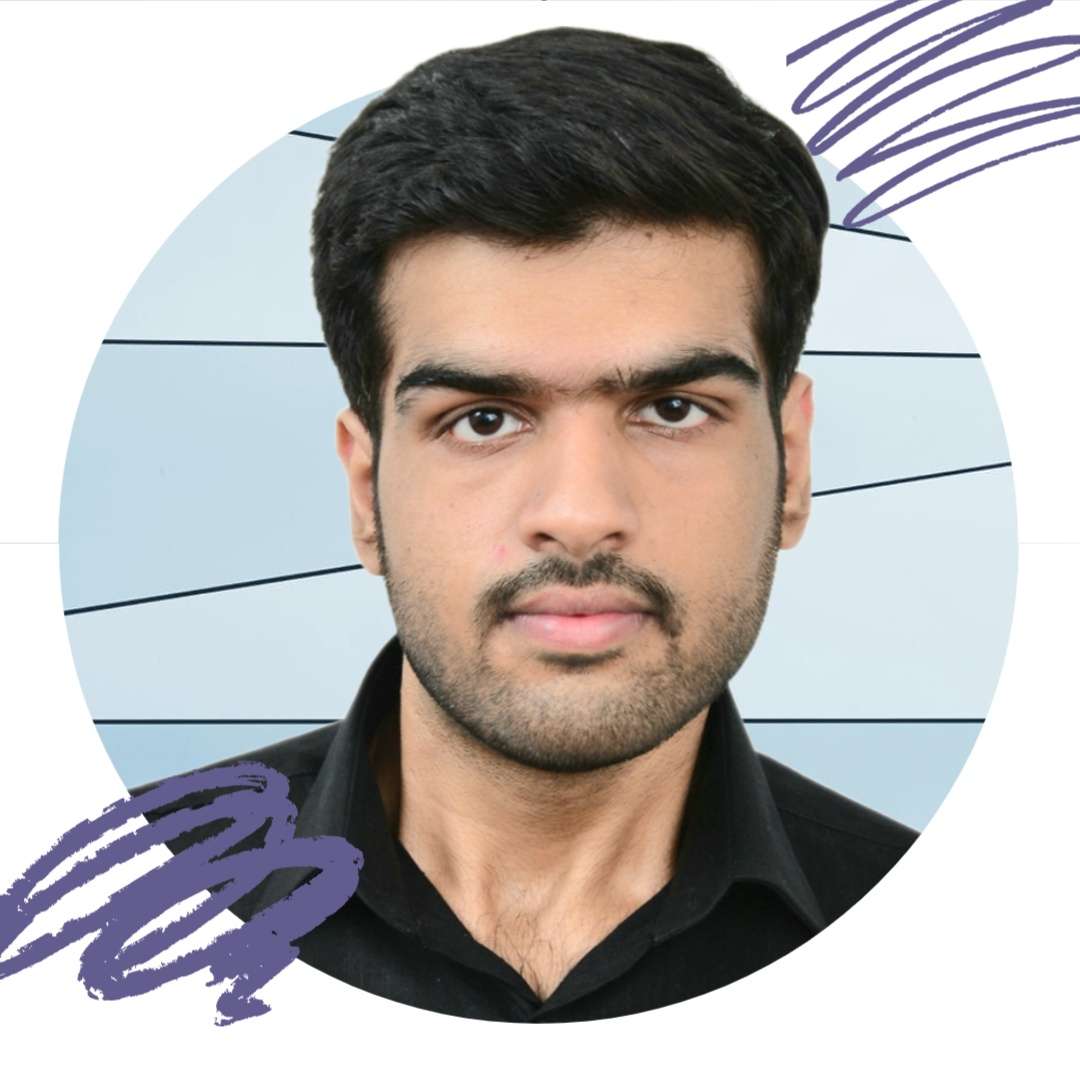I recall learning about Wolfgang Pauli theorem as an undergraduate and I often thought it was a way of “getting out of trouble”, i.e. no fermions can have the same 4 fundamental quantum numbers (and thus quantum state). It made the Mathematics work but I could never quite understand what fundamental notion this principle was derived from; it seemed to be rather heuristic.
A Maverick in Physics Conferences
Anyway, Wolfgang Pauli was quite an outspoken Physicist and at international conferences if he thought an idea presented was wrong he would often shout out:
“Das ist nicht mal Scheisse”, This is not even crap.
Well, he didn’t sit on the fence.
From Relativity to Quantum Mechanics
After being asked by A. Sommerfield (1868-1951) to write a review of General Relativity. He went onto Gottingen (where I visited in 2009 to pay homage to my “Good friends” and Prince of Mathematics. J.C.F.Gauss (1777-1855) who was professor there and D. Hilbert (1862-1943 of the 23 problems fame). Staying with Gauss I have his masterpiece Disquisitiones Arithmeticae in my library which I purchased immediately after my PhD VIVA. So that I could follow the foot steps of the grand Master even though I am not a number theorist. I found it a difficult but amazing read.
Titans of Modern Physics
Returning to Wolfgang Pauli, he worked with the unsung “Giant” of Quantum Physics, namely Max Born (1882-1970). Who tutored many of the early pioneers of the discipline including another Nobel Laureate Werner Heisenberg (1901-1976). who history informs us was the scientific “son” of Neils Bohr (1885-1962). Along with Einstein (1879-1955) and M. Planck (1858-1947) are the founding fathers of this pillar of Physics which unfortunately (as I write today) has not yet been reconciled with General Relativity immediately after the Big Bang.
RIP good friend, I hope to talk about your ideas again soon.



